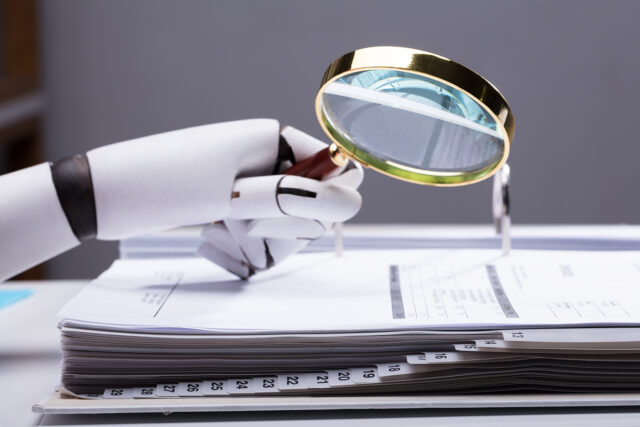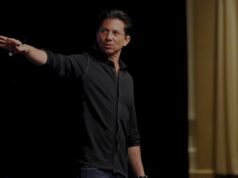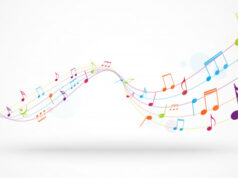
The statistics of academic dishonesty are downright depressing: a survey reveals that 58% percent of over 70,000 U.S. high school students have resorted to some form of plagiarism in their academic careers. This includes borrowing pieces of texts without stating the source or asking other people to do assignments for you. And while there is software that can check if an author stole pieces from other academic works, detecting contract cheating is far more complicated. Being the practice of paying others to write academic works instead of you, contract cheating is usually sourced by websites known as “essay mills.” These mills offer ghostwriting services to students, and many of the students who bought academic works did it repeatedly.

Contract cheating is a growing concern in higher education: no school, college or university is safe from this kind of academic dishonesty. Yet, we fail to acknowledge that plagiarism is also a pressing problem for scholarly publications. Students rarely realize the academic risks contract cheating entails. Some of them might even think that you can only call “word-for-word copying” plagiarism.
Scholars, on the other hand, are perfectly aware of the consequences of plagiarism, from being expelled from the scholarly community to never being taken seriously again. Still, they do it anyway. You would think that maintaining academic integrity goes hand in hand with the noble title of “scholar.” In reality, sadly, there are numerous examples of scholars blatantly plagiarizing others’ works.

What’s worse, contract cheating detection was almost impossible. Until now, that is. Thanks to Unicheck, the company behind the famous plagiarism detection software, we can finally detect contract cheating and other forms of academic plagiarism that would have been impossible for a human to distinguish. Unicheck used the power of artificial intelligence to pinpoint contract cheating and integrated it into their existing software under the name “Emma.”
Emma is an AI-based authorship verification assistant that uses Natural Language Processing (NLP) and stylometry to analyze writing and identify if the text was in fact written by the author in question. Just like any AI has to be fed data to do its job, Emma has to evaluate the previous original works of the author before assessing a piece. Three texts that are 300 to 1,000 words long is usually enough for the AI to pick up the author’s voice. When the assistant knows the writing style of a person, it determines if the piece is authentic or was written by someone else.

Emma can be used by anyone who knows how to use a computer, no special skills or learning required. There’s also zero need for an admin to set it up: the system is fully automated and extremely user-friendly. It launches automatically with the originality
check and will be available for everyone who uses any major learning management system. Software by Unicheck can be used for education as well as scientific works assessment. It has been adopted by more than 1,500,000 students and 100,000 educators, raising academic integrity in 1,100 institutions globally.
Thanks to technology, there is now an effective way to prevent plagiarism in academic papers. And even though plagiarism checkers help identify academic dishonesty, they aren’t intended to accuse anyone. Instead, they try to point out the problem, helping teachers, professors, and scholar communities make the final decision.









